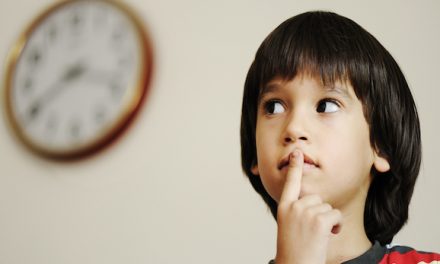Does your child suffer from Mental Health issues?
Recently on the news, we saw a young college student go on a shooting rampage at Isla Vista, California. We are all frightened and devastated that a young man suffers from mental illness and no one was able to stop his violent nature which destroyed the lives of other young students.
1 in 5 children are diagnosed with mental health disorders. Approximately two thirds of children receive little or no help. Unless a child demonstrates disruptive behaviors at school, or home, they may not receive any type of professional help. As we know, children who have been continually “bullied” may react in a violent manner by expressing their anger, and outrage towards others through physical outbursts. The key to look for in a child is a “marked change in behavior,” according to E. Fuller Torrey a psychiatrist at the Treatment Advocacy Center and published author.
 Let’s take a look at the warning signs so we can identify them as parents and start helping our children early in life:
Let’s take a look at the warning signs so we can identify them as parents and start helping our children early in life:
- Students may exhibit lack of motivation and their grades may begin to drop.
- A child may appear “hyperactive” or “fidgety.”
- A child may have severe fears which overwhelm him or her. A child may also be antisocial or unable to relate to peers.
- A child’s behavior may show withdrawal, sadness, depression, or behavioral outbursts, such as disobedience, aggression, or moodiness.
- A child may not be able to concentrate and stay focused on their assignments.
- A child may appear “zoned out,” due to drug or alcohol use.
- Dramatic weight loss or gain may occur along with anxiety or other emotional issues.
- A child may not be sleeping well due to nightmares.
Some conditions or labels that children may be diagnosed with are:
- Anxiety – Obsessive Compulsive Disorder, people with obsessive-compulsive disorder (OCD) feel the need to check things repeatedly, or have certain thoughts or perform routines and rituals over and over.
- Post Traumatic Stress Disorder – PTSDdevelops after a terrifying ordeal that involved physical harm or the threat of physical harm.
- Social phobias – Social phobia is a strong fear of being judged by others and of being embarrassed.
- General anxiety – A problem that interferes with their daily life activities.
- ADD/ADHD– A child having difficulty staying on task, not able to concentrate, fidgety, cannot complete assignments or follow directions. Hyperactive disorder, inability to sit and concentrate, poor impulse, may have social problems, may not be able to follow directions.
- Autism-Autism spectrum is a range that shows symptoms prior to the age of 3, in terms of communication, and social relationships.
- Eating Disorders-Can be defined as over eating, anorexia nervosa, bulimia, and binge eating disorders.
- Mood disorders-Children may experience depression or bipolar disorder which can cause a child to feel extreme sadness or elation.
- Schizophrenia-is a chronic disorder where a child may not be in touch with reality, or a form of psychosis.
Steps to take if you suspect your child may suffer from mental illness:
After discussing your child’s issues or problems with your physician, or health care provider, the doctor should recommend a list of psychologists, social worker, child development specialists, psychiatric nurses, or child psychiatrists that your child should see immediately.
- An evaluation or diagnosis must be done in order to receive special services for your child.
- If it is a school related problem, contact the teacher and have a meeting set up with a principal, school nurse, special education team, etc. to determine the steps that are needed to address the child’s issues, academically or behaviorally. The team at the school will use special education teachers, or a psychologist to help determine the diagnosis and placement for the child with the parent’s permission to attend all meetings and place the child in a proper academic program.
- Behavioral therapy or medications are two ways to treat mental illness.
- Family therapy and parenting advice/counseling is vital to the progress of the child.
- Socialization groups for children are highly recommended.
It is vital that children who are being bullied or are bullying are involved in ongoing programs and individual and family therapy.


















